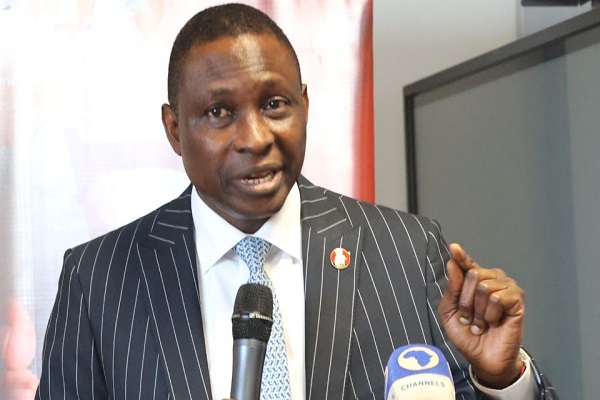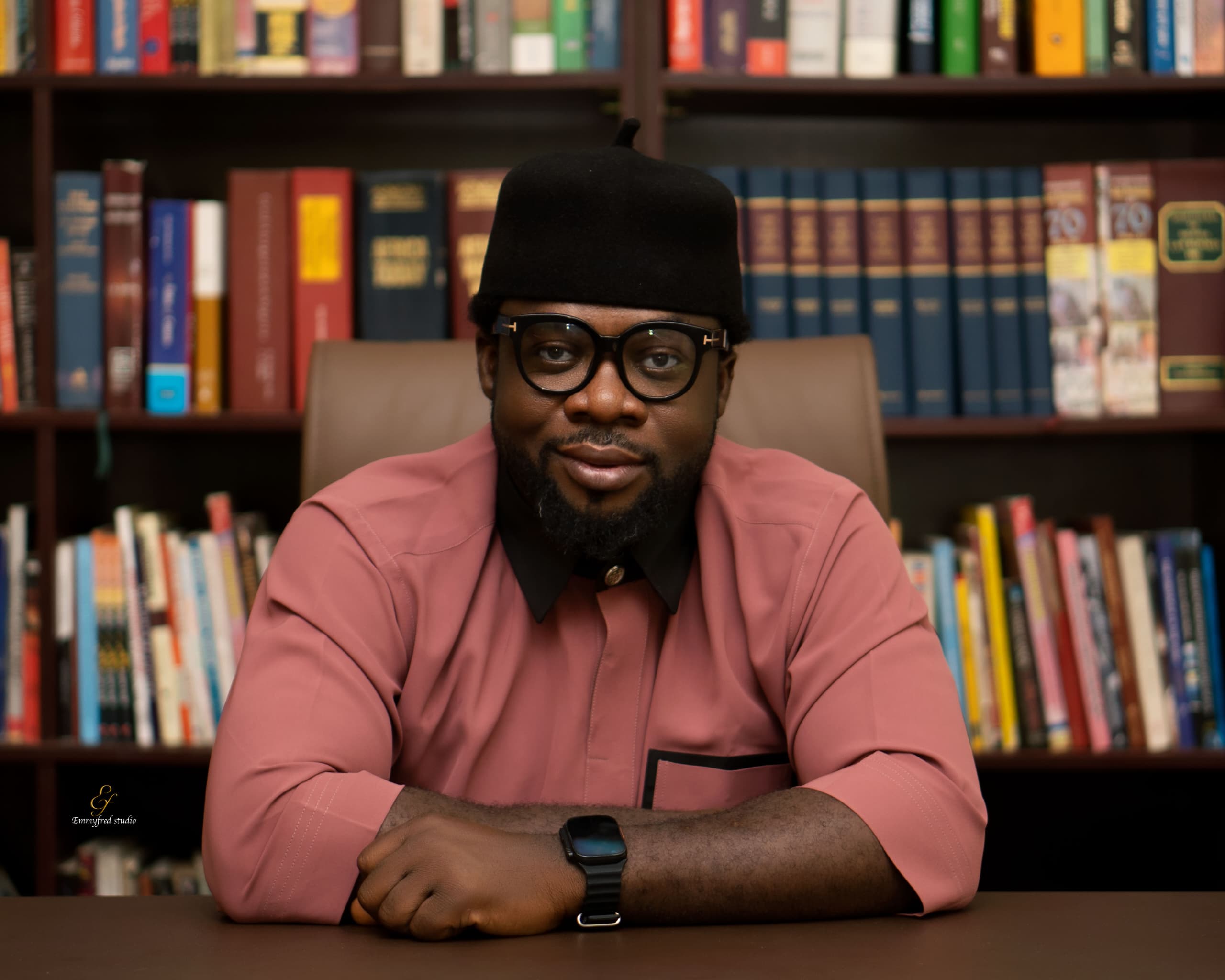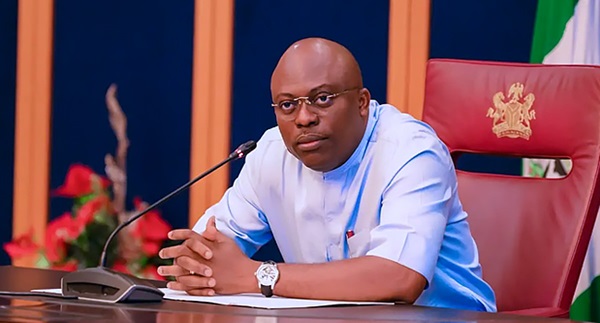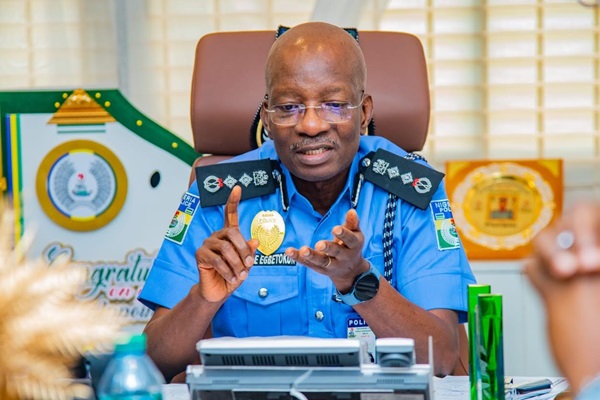The Chairman of the Economic and Financial Crimes Commission (EFCC), Ola Olukoyede, has criticized Nigerians for their double standards in the fight against corruption, noting that while many condemn financial crimes, they also defend corrupt individuals when prosecuted.
Speaking on Friday in Abuja during a visit by officials of the Centre for Crisis Communication (CCC), led by Chris Olukolade, Olukoyede stressed that corruption remains the biggest obstacle to Nigeria’s development.
Corruption: Nigeria’s Greatest Challenge
Olukoyede pointed out that tackling corruption is essential for Nigeria to move past underdevelopment.
"One of the major problems in Nigeria, which when tackled, will make underdevelopment a thing of the past, is corruption and financial crimes," he stated.
He emphasized that the fight against corruption is not just the responsibility of the government, but requires the collective commitment of every Nigerian.
Public Hypocrisy in the Fight Against Corruption
The EFCC boss expressed concern over the contradictory stance of Nigerians, who demand accountability but then rally behind corrupt leaders when they face prosecution.
"Everybody is crying that Nigerians are corrupt, that the system is corrupt, that corruption is killing us and destroying our system," Olukoyede said.
"But when we investigate high-profile cases and arraign people in court, the same people will carry placards and support corrupt leaders."
He described this as a serious setback to the anti-corruption fight, urging citizens to stop politicizing corruption cases and instead support justice and transparency.
EFCC’s Commitment and Call for Public Support
Olukoyede reassured Nigerians that the EFCC remains committed to combating financial crimes within the limits of the law. He called for greater public collaboration, urging citizens to hold leaders accountable rather than enabling corrupt practices.
The EFCC, he added, will partner with the CCC to enhance strategic communication and public awareness about integrity and accountability.
The Big Question: Will Nigerians Change Their Approach?
As the anti-corruption battle intensifies, Olukoyede’s remarks highlight a critical challenge—public perception and selective outrage. Will Nigerians begin to hold all leaders accountable, or will political and tribal biases continue to shield the corrupt from justice?
The fight against corruption remains a collective responsibility, and only genuine public commitment can bring about lasting change.




